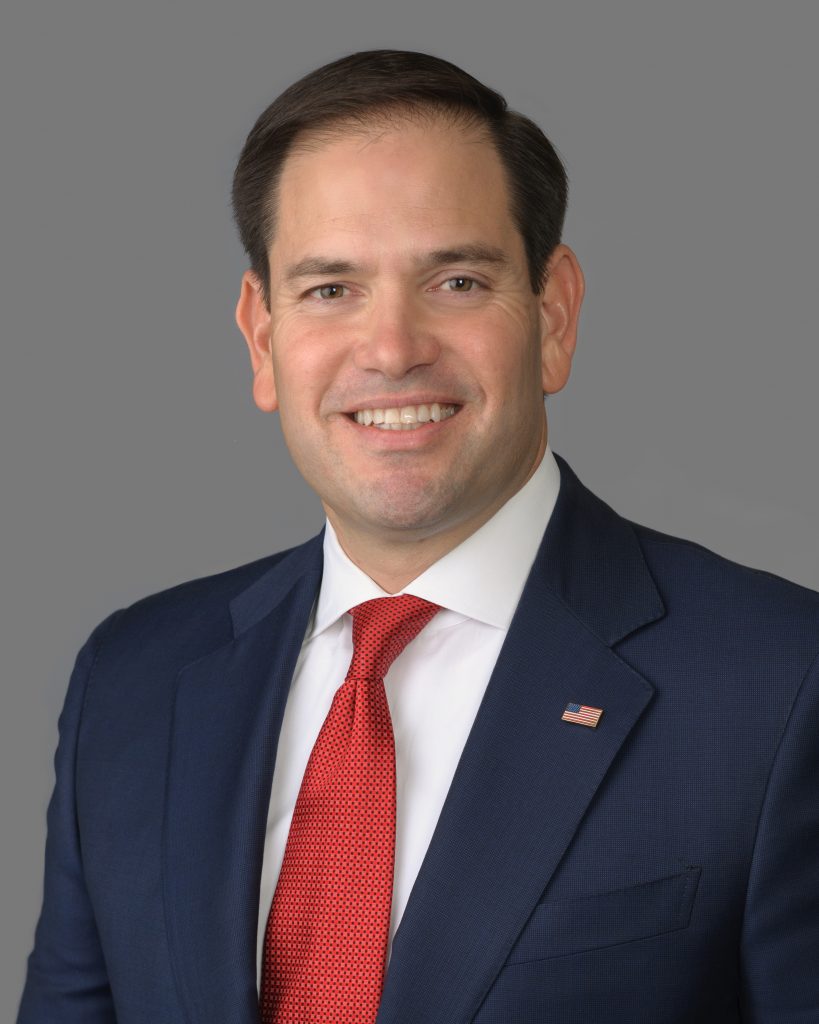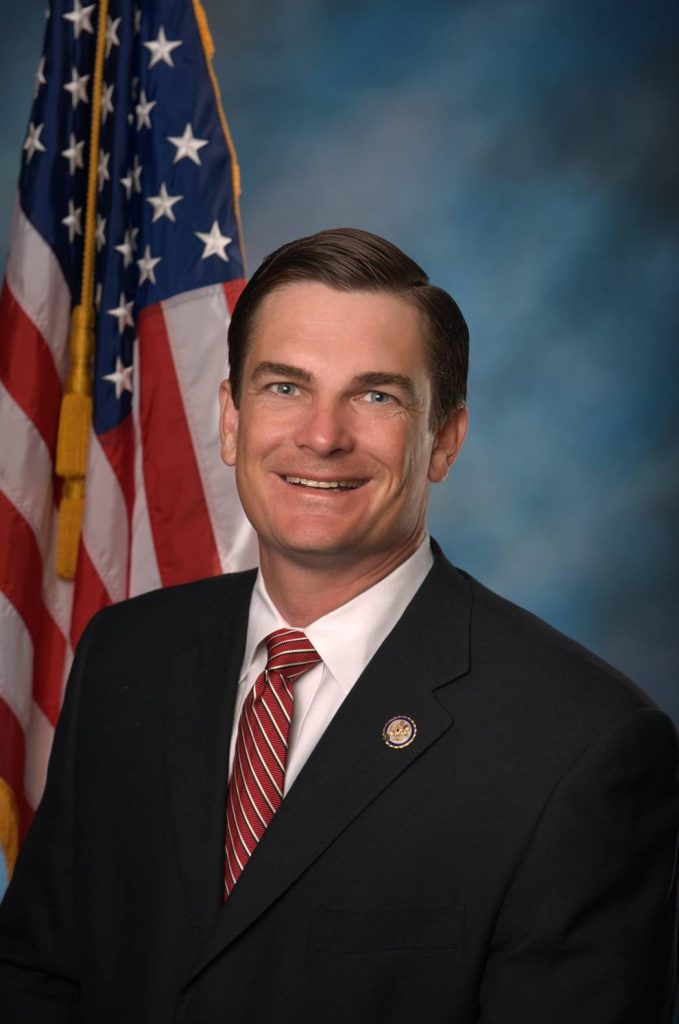
Washington, D.C. — U.S. Senator Marco Rubio (R-FL) and Representatives Mario Díaz-Balart (R-FL), Darren Soto (D-FL), Austin Scott (R-GA), Bill Huizenga (R-MI), and Al Lawson (D-FL) led a bipartisan letter to United States Trade Representative (USTR) Katherine Tai urging her to work with members of Congress to implement immediate trade relief measures that safeguard American producers of seasonal and perishable fruits and vegetables against unfair foreign competition.
In addition to Rubio, Díaz-Balart, Soto, Scott, Huizenga, and Lawson, the letter was signed by U.S. Senators Rick Scott (R-FL), Tim Scott (R-SC), and Raphael Warnock (D-GA), and Representatives Greg Steube (R-FL), Gus Bilirakis (R-FL), Buddy Carter (R-GA), Sanford Bishop (D-GA), William Timmons (R-SC), Bill Posey (R-FL), Rick Allen (R-GA), Scott Franklin (R-FL), Neal Dunn (R-FL), Debbie Wasserman Schultz (D-FL), Brian Fitzpatrick (R-PA), Stephanie Murphy (D-FL), Carlos Giménez (R-FL), Kat Cammack (R-FL), Fred Upton (R-MI), John Rutherford (R-FL), Brian Mast (R-FL), Charlie Crist (D-FL), Jack Bergman (R-MI), Michael Waltz (R-FL), Frederica Wilson (D-FL), Vern Buchanan (R-FL), Rick Larsen (D-WA), Lisa McClain (R-MI), Jody Hice (R-GA), María Elvira Salazar (R-FL), Daniel Webster (R-FL), Theodore Deutch (D-FL), Madison Cawthorn (R-NC), and Lois Frankel (D-FL).

“We were pleased by your commitment to work with us on trade measures that will help safeguard American producers of seasonal and perishable fruits and vegetables against the growing flood of unfair imports,” the lawmakers wrote. “As you work to implement a U.S. trade policy that keeps American growers competitive and secures a safe and reliable domestic food supply chain, we look forward to engaging with you on a priority basis to implement trade measures in the near term that will allow our seasonal fruit and vegetable producers to continue to feed the nation and remain viable against unfair foreign competition.”
The full text of the letter is below.
Dear Ambassador Tai:
Congratulations on your recent confirmation to become the United States Trade Representative. We were pleased by your commitment to work with us on trade measures that will help safeguard American producers of seasonal and perishable fruits and vegetables against the growing flood of unfair imports. As you work to implement a U.S. trade policy that keeps American growers competitive and secures a safe and reliable domestic food supply chain, we look forward to engaging with you on a priority basis to implement trade measures in the near term that will allow our seasonal fruit and vegetable producers to continue to feed the nation and remain viable against unfair foreign competition.
As you know, American growers of seasonal and perishable fruits and vegetables are under unsustainable pressure from growing volumes of unfairly subsidized and/or dumped produce from Mexico, Peru, Chile, and other foreign suppliers. US Trade Promotion Authority (TPA) has called for a solution to this problem for nearly twenty years. Unfortunately for many of our seasonal and perishable sectors, inaction on the issue has led to sharply increasing imports, growing foreign subsidies, race-to-the-bottom labor wage disparities, progressively lower import prices, and escalating harm to our family farms and producing communities. This past year amidst the coronavirus pandemic for example, imports of perishable fruits and vegetables surged to record levels, seizing larger segments of the market while our growers were forced to forego their harvests and plow under entire fields of viable produce. Our impacted seasonal and perishable sectors are at a crossroads and need urgent relief.
President Biden’s February 24, 2021 Executive Order on America’s Supply Chains properly recognizes the need to safeguard America’s critical food supply chains. As you know, America’s seasonal producers feed hundreds of millions of Americans annually, and regional sectors are often the sole US producers during the winter and spring months of the year. Should our seasonal producers in key regions disappear as a result of unrelenting unfair foreign competition, Americans would be forced to rely on foreign produce to feed their families during half of the year or more. That food supply outcome would be neither resilient nor secure.
As you have previously noted, and TPA has long confirmed, existing trade law and relief mechanisms are not structured to provide the American seasonal and perishable fruit and vegetable sectors the relief they urgently need. You have referenced possible new trade tools and policies that could provide our growers relief and enable them to remain competitive. We applaud your attention to this issue and willingness to think in new ways to solve the problem.
With relief for our injured seasonal and perishable growers now not just a matter of fairness, but of food security for the country, we stand ready to coordinate quickly with you on a concrete action plan to deliver immediate, effective, and enforceable relief that will enable these struggling sectors to compete against the rising tide of unfair imports.









